
Dialogue on Article 370 – What is next for Jammu and Kashmir?
Posted On August 28, 2019 under Dialogue on Article 370, Social Policy
Sakura Peace Institute organised an interaction on the recent developments which took place in the State of Jammu and Kashmir. The Government of India brought up a bill in the Upper House and subsequently passed it; to reorganise the State of Jammu and Kashmir. The aim was to redraw the map of the state by bifurcating it into two Union Territories. One being Jammu and Kashmir with Legislature and Ladakh being the second one without Legislature, directly being under the Central Government’s rule.
We at Sakura Peace Institute planned to curate a Dialogue on what will be next for Jammu and Kashmir. We got different views on the topic from Dr. (Mrs) Mini Srivastava, Assistant Professor Law, Amity Law School, Noida, Amity University and Mr. Shariq Reyaz, Advocate, Supreme Court of India. The session was moderated by Mr. Arpit Chaturvedi, Founder, Global Policy Insights.
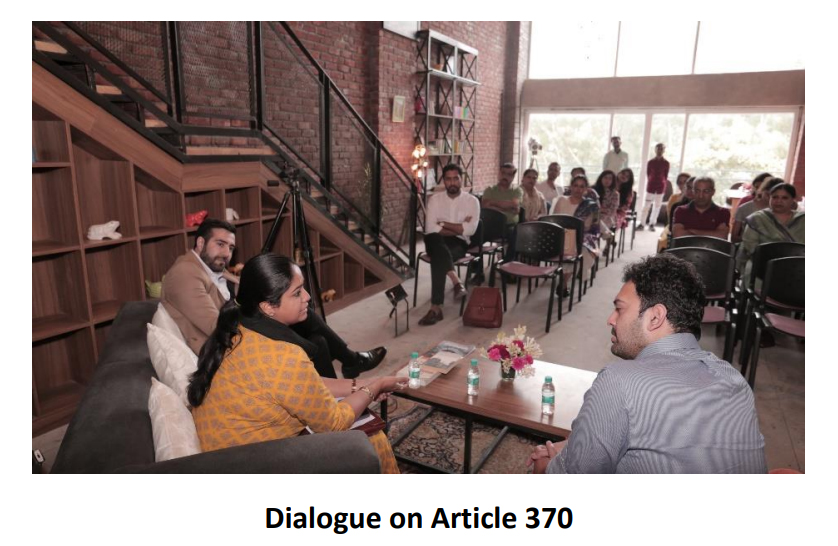
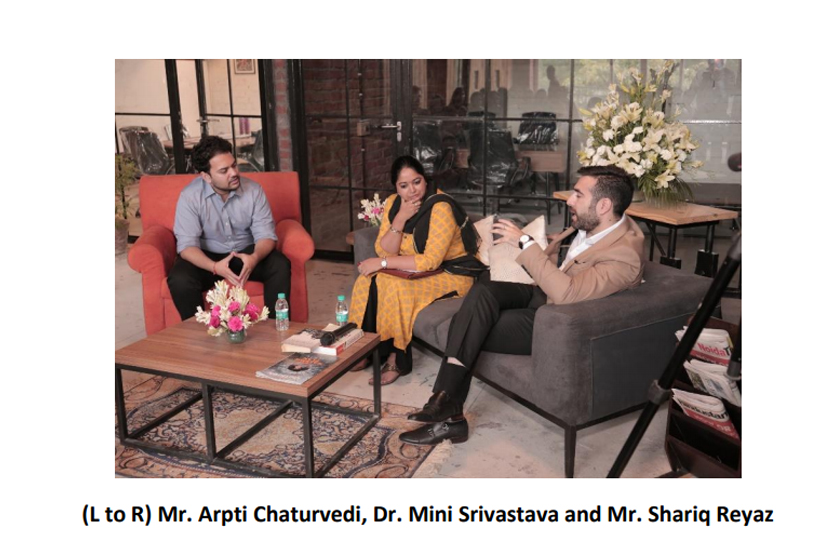
Mr. Reyaz shared that he has was born in Kashmir and continued to stay there till he was in class Xth. He shared that there is a general feeling in India that Kashmir is not really integrated within India, there is still a divide. The people of Jammu and Kashmir have been feeling disconnected from India. Maybe the intent and ideology of Government of India was to somehow remove the disconnection and to integrate the people of Kashmir with rest of India; all this due to a feeling of Nationalism.
He shared that what had happened on 5th August was absolutely unprecedented and the way Central Government did was just not acceptable to the citizens of Jammu and Kashmir. Also this can just not be compared with any kind of misgovernance from the Abdullah’s, Mufti’s or whomsoever. This completely stands alone and what is way forward to reconcile or what do we do? Now many scholars, intellectuals from various walks of life now need to come forward and figure out the next step.
About Human Rights he shared that which state in the country follows all the human rights. Are the females safe in rest of the country?
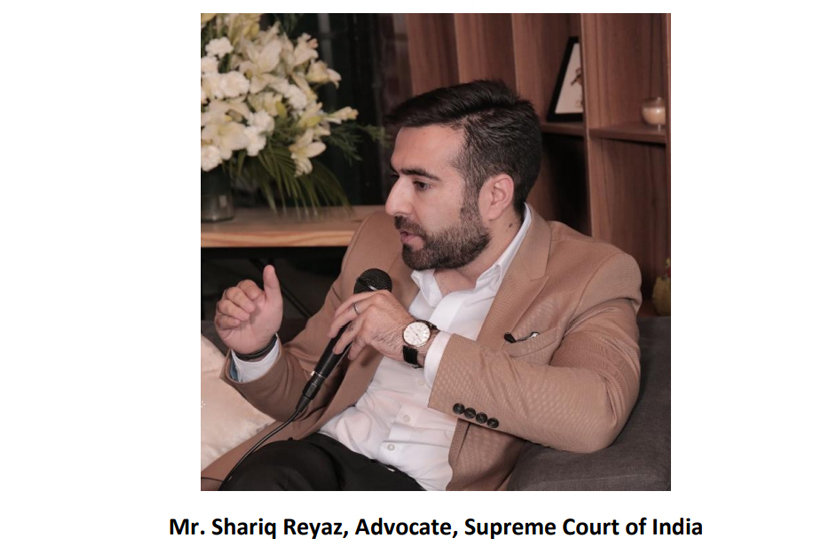
He shared that UN as an organisation has really done nothing in the past. Even the UN Military Observer Group has been posted in Kashmir and they too have done nothing, as he thinks that this is all for optics of it. UN is still detached from the reality and is clearly shown in their twitter handle.
Dr. Srivastava shared that as she spoke to one of her students who hails from Kashmir. The Student shared with her that since the beginning my parents have told me that I am an Indian, so she fails to understand how a feeling of separatism starts to come in, whereas the parents have from the beginning share that they are Indians. Further her students shared that since the time we are born, the way we live is completely different, the type of restrictions like always travelling and moving around in a convoy and if you miss one then wait for the other one. The discrimination we face in rest of India is completely unasked for.
When a student appears for an exam in Jammu and Kashmir it was just for namesake. In class VIIIth we were asked only to attempt 30 marks on the question paper out of 100.
She further shared that the only possible way to break the so called separate wall which was built around the state of Jammu and Kashmir was this immediate passing of law for bifurcation of the state. The people of Jammu and Kashmir from generations are believing that they are separate and they always would require a special status. This was a radical step, but could have been in a better manner. Now, the development will be rapid and the people will have a fast moving economy and tourist.
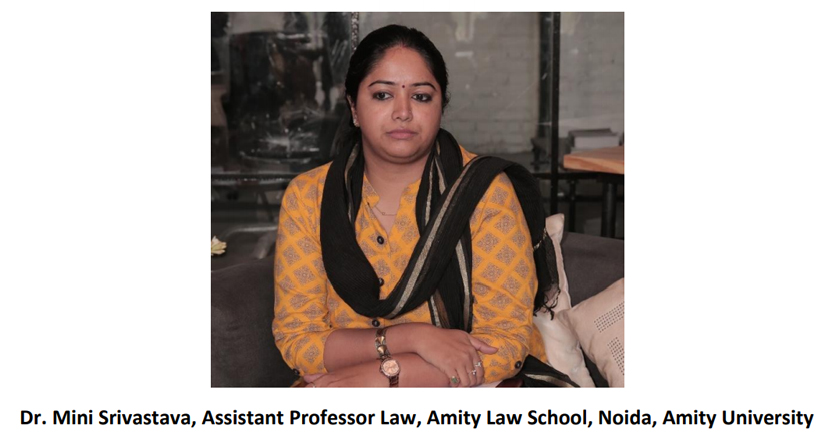
Further she shared about Human Rights violations that there is no excuse for those rights and are to be adhered to no matter what.
She shared that this issue is a bilateral issue taking into consideration the history what India and Pakistan have been sharing. But then another question arises about our sovereignty. The situation is as it has been since the partition in 1947.
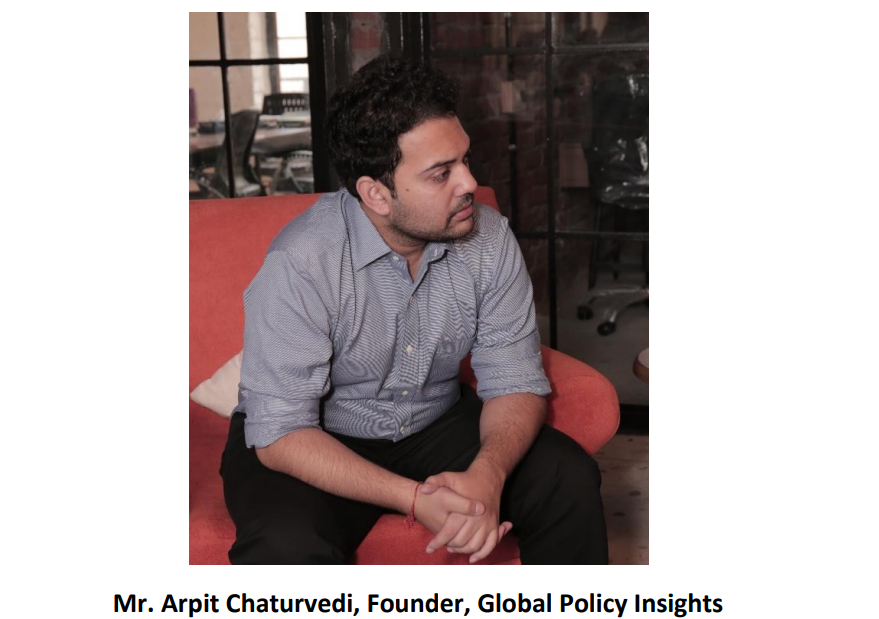
Moderator, shared that though all these changes don’t affect the people living in rest of India but it surely gives a boost to the feeling of Nationalism. He asked the speakers questions ranging from the point of view of Politics, Religion, United Nations and most importantly the people of the state.
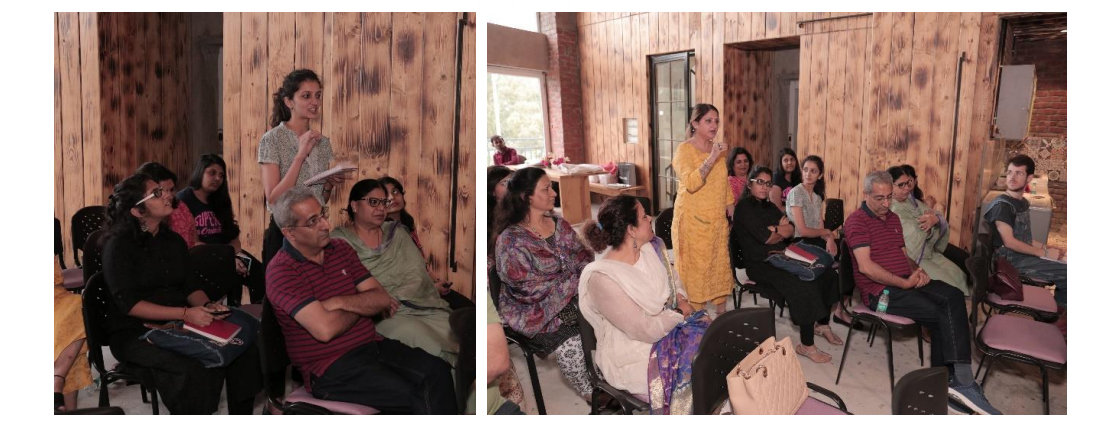
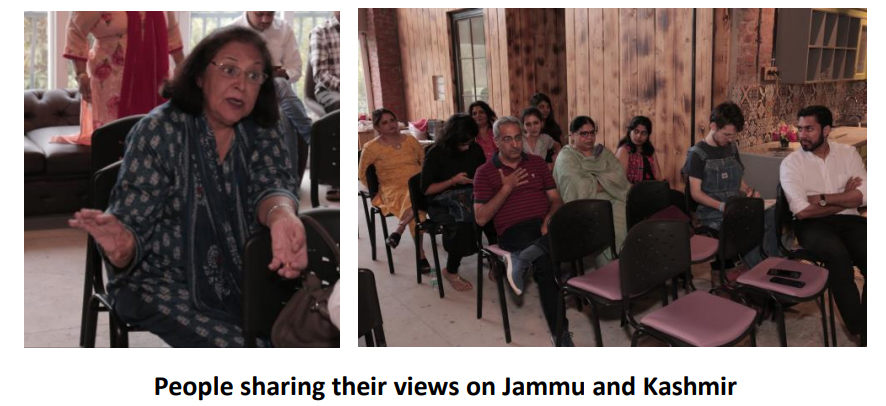
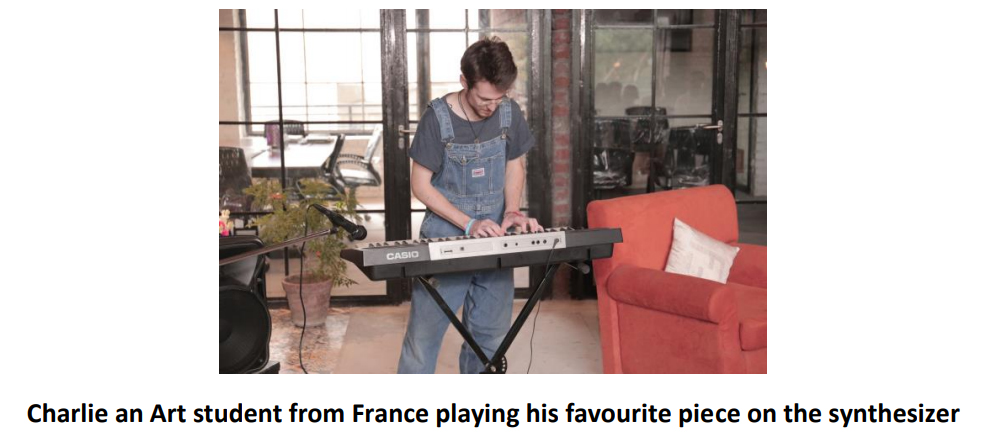
About Sakura Peace Institute (http://www.sakurainstitute.com/)
The peace Institute was established in 2019 as an initiative of Lotus Learning Foundation (http://lotuslearningfoundation.org/) near New Delhi.
The rationale behind establishing Peace Institute is to act as a bridge and a platform for the underrepresented communities and the intellectual, resourceful and passionate youth who want to make an impact by finding solutions to existing problems in societies.
We believe that the issues of 21st century can not only be solved by conducting research and organising dialogues but it can surely spark action which will ultimately lead to change.
How?
This will be done by small and big scale projects that are conducted together with local communities. The projects range from photography as a tool for change to academic PhD exchanges with institutes and universities from around the world. The Institute is a platform for exchange, dialogue and research to promote peace, culture, and education.
Partners
- Act Your Future
- Bhajan Foundation
- Dassport
- Ethno-Med Centre
- Financepeer
- Global Dignity Day
- Global Governance Institute
- Global Policy Insight
- Jovees
- MIT Solve
- Peace Research Institute of Oslo (PRIO)
- Social Innovation Centre at Harvard Kennedy School of Government
- University of Pennsylvania- School of Social Policy and Practice
Events
- Vanguards in the 21st Century: Optimising Commonwealth Networks
- Global Policy Insights was represented on the prestigious platform
- UK South Asia Educational Partnerships
- Panel Discussion: ‘Brexit’- opportunities UK & Tamil Nadu, India
- Dialogue on Article 370 – What is next for Jammu and Kashmir?
- POST-BREXIT WORLD: UK AND THE COMMONWEALTH
